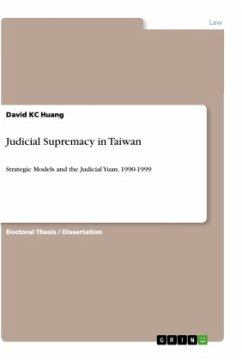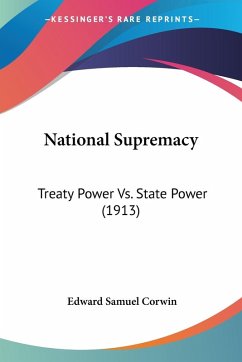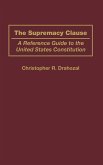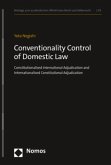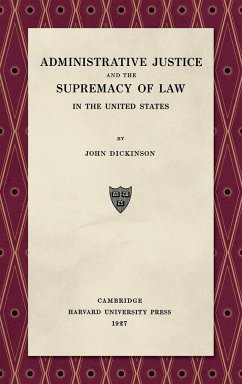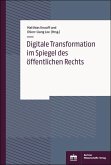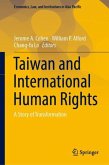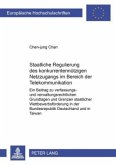Doctoral Thesis / Dissertation from the year 2016 in the subject Law - Public Law / Constitutional Law / Basic Rights, grade: N/A, School of Oriental and African Studies, University of London, language: English, abstract: This thesis explores constitutional judicial review in the Republic of China (Taiwan), assessing the expansion of judicial power between 1990 and 1999. The core of this research project focusses on the Council of Grand Justices of the Judicial Yuan, and the ability of these fifteen Justices to impose their collective will upon other branches of government through judicial decisions that sometimes override executive actions and legislative acts. The power of constitutional judicial review has de jure rested exclusively with the Judicial Yuan under Article 78 of the 1947 Constitution of the Republic of China, and the constitutional text places no limitations on the use of such judicial power. On a de facto basis, however, the power of the Judicial Yuan has varied considerably since 1947, setting an interesting research puzzle and inspiring the research questions of this thesis: What are the shifting limitations of judicial power? When do Justices review with deference and what encourages judicial assertiveness? In engaging with these questions, this thesis reconceptualises and contextualises Taiwan's institutional arrangements for constitutional review through strategic accounts of judicial decision-making and the examination of the role of judicial audiences.
Hinweis: Dieser Artikel kann nur an eine deutsche Lieferadresse ausgeliefert werden.
Hinweis: Dieser Artikel kann nur an eine deutsche Lieferadresse ausgeliefert werden.

